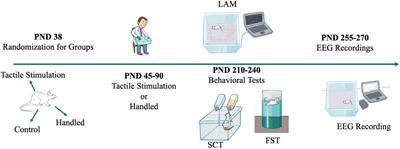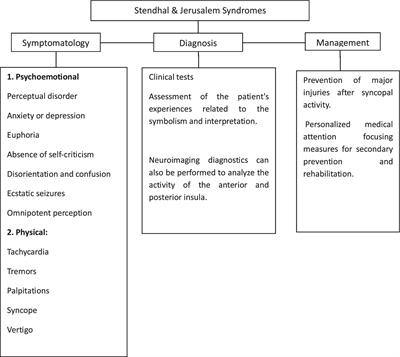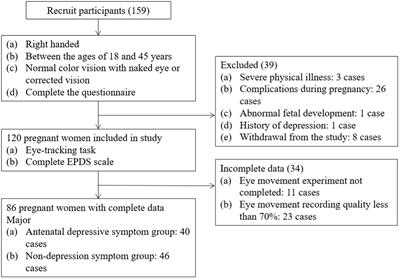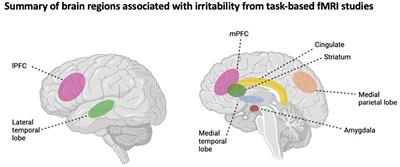ORIGINAL RESEARCH
Published on 27 Jun 2024
Tactile stimulation of young WAG/Rij rats prevents development of depression but not absence epilepsy

doi 10.3389/fnbeh.2024.1433431
- 876 views
1,929
Total downloads
10k
Total views and downloads
ORIGINAL RESEARCH
Published on 27 Jun 2024

MINI REVIEW
Published on 27 Feb 2024

ORIGINAL RESEARCH
Published on 05 Dec 2023

MINI REVIEW
Published on 15 Jun 2023
